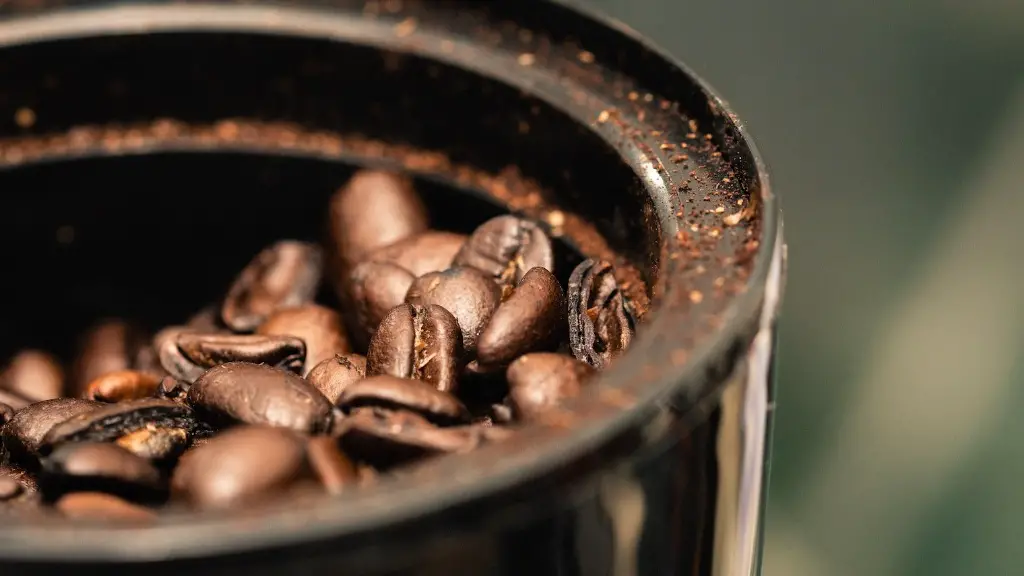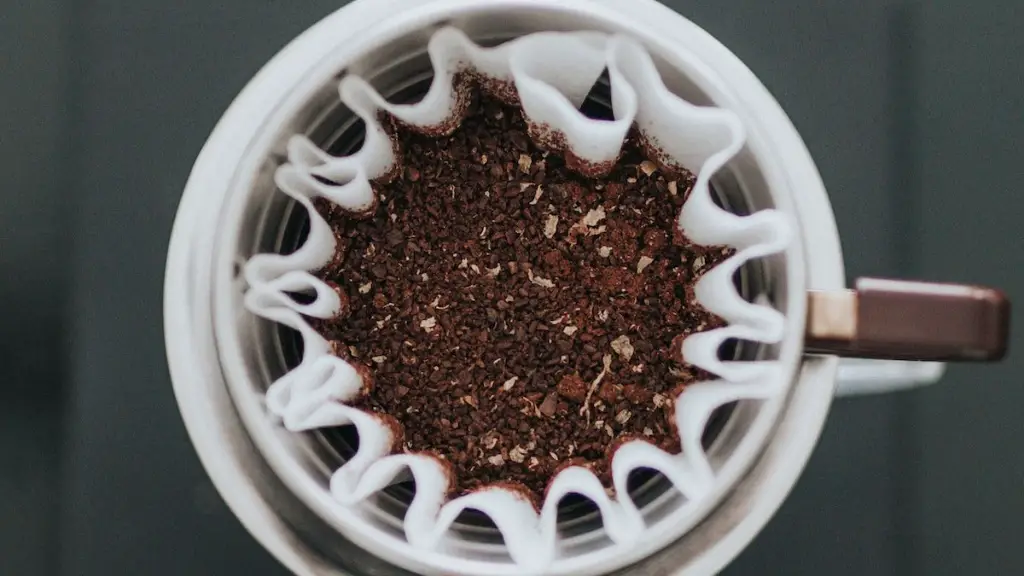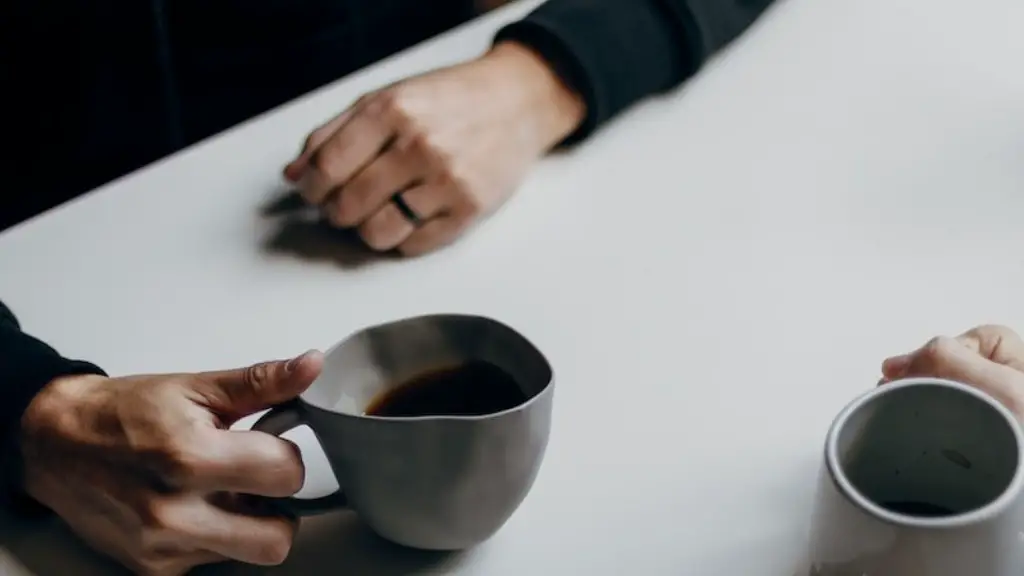What Is Fever?
Fever is a symptom of illness, characterized by an elevated body temperature. A normal body temperature is usually between 36.5°C and 37.5°C, but when a person’s temperature rises above that and does not respond to at-home remedies, it may indicate a fever. Generally, a fever that lasts for two or more days or that is higher than 38.3°C requires medical attention.
Should You Drink Coffee With a Fever?
In general, experts do not recommend drinking coffee with a fever. Caffeine can cause dehydration, which is already a risk with a fever. While there is no evidence to suggest that drinking coffee will make a fever worse, there is also no evidence that it will make it better. Doctors suggest only drinking clear liquids while a person is feeling ill and advises that coffee should be limited.
Also, caffeine may worsen any other symptoms you have when you are ill. Caffeine is a stimulant and can make it difficult to get the rest and sleep you need to recover if you’re not used to drinking it regularly. This is especially true if you regularly drink decaf coffee or if you are a child.
Finally, drinking coffee while you have a fever can slow the absorption of antibiotics. This can thereby make them less effective, meaning that you may need to take them for a longer period of time or at a higher dose.
Drinking Tea Instead Of Coffee With A Fever
Though doctors generally advise against drinking coffee with a fever, this does not necessarily mean that caffeine has no role in managing the condition. There are several herbal teas that not only provide the body with hydration but also contain compounds which may help to reduce a fever.
For example, tisanes made with ingredients such as elderberry, yarrow, peppermint, elderflower and chamomile are widely believed to reduce fevers. These tisanes contain compounds such as vitamin C, terpenes and flavonoids, which may reduce inflammation and help bring a person’s body temperature down.
In addition, herbal teas are also believed to reduce headaches, muscle aches and congestion associated with a fever. Certain teas, including lemon grass tea and ginger tea, are also believed to be beneficial for calming a sore throat; however, it is important to note that research is currently limited in this area.
Drinking Water with a Fever
The most important liquid to drink when you have a fever is water. Water helps replace the fluids lost due to dehydration and helps to cool your body down. Drinking a cup of water every hour is recommended, but if your fever is accompanied by vomiting or diarrhea, it is best to drink a liquid that provides electrolytes. This drinks usually contain some sugar and a large amount of salt.
It should be noted that sports drinks are not recommended to rehydrate during a fever. Doctors strongly advise against them because they contain more sugar than electrolytes, and sugar is known to feed viral and bacterial infections.
If you are hydrated and having difficulty keeping food or liquids down, doctors suggest eating small snacks that contain carbohydrates or proteins such as toast, crackers or boiled eggs. All these additional liquids or snacks should help you to feel better and ensure that you are properly hydrated.
What Side Effects to Look Out For?
The goal of treating a fever is to reduce your body’s temperature, not to prevent sweating and chills. If a fever persists for more than three days, or it continues to rise even after you take medication, it is best to seek medical attention. Severe symptoms to look out for include difficulty breathing, chest pain, confusion, and skin rash.
It is also important to note that although a fever is usually associated with an infection, it can sometimes indicate a serious condition, such as sepsis or meningitis. In this case, do not delay seeking medical treatment.
Adequate Rest During a Fever
Though it is important to ensure you are properly hydrated and replenished while you are ill, the most important thing you can do while you have a fever is to get adequate rest. Doing so will give your body more time to recuperate and fight off the infection.
It is also useful to monitor your body temperature as well as your recovery. This can be done after eating, drinking, sleeping and taking medication. If you take your temperature periodically every few hours, it is a good way to make sure your body is fighting the infection and that you are observing a gradual decrease in temperature.
What to Remember About Coffee with a Fever
In general, experts advise against drinking coffee with a fever. Caffeine can lead to dehydration, worsen other symptoms and slow the absorption of antibiotics. It is important to hydrate with clear liquids, rather than coffee and to monitor how your fever responds to at home treatments. If a fever persists past three days, or if you experience severe symptoms, it is best to seek medical attention immediately.
Conclusion
In conclusion, drinking coffee with a fever is not recommended by experts. Opting for herbal teas instead and drinking sufficient water can help manage a fever. Remember that if a fever persists for three days or if severe symptoms occur, it is best to seek immediate medical attention.




